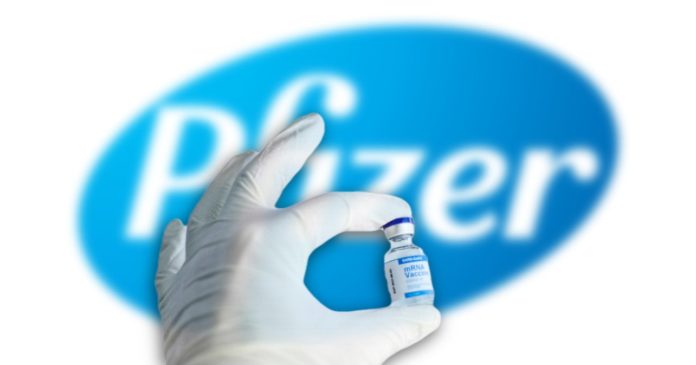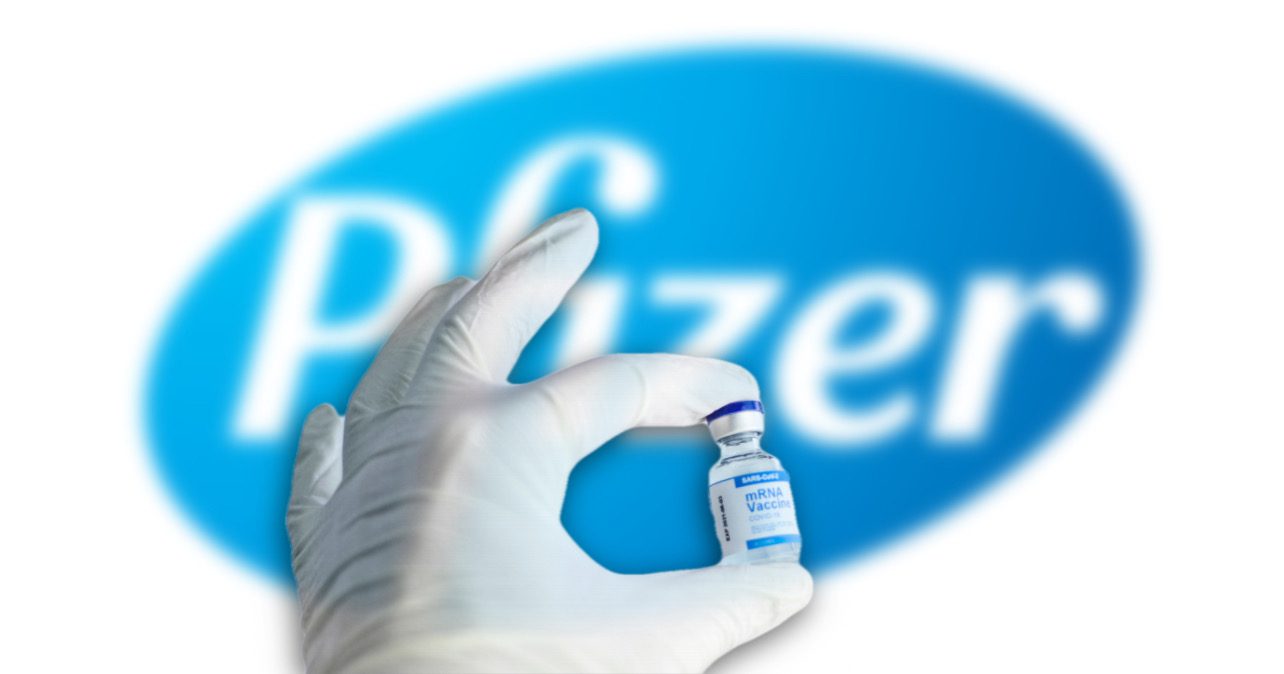The U.S. Food and Drug Administration on Tuesday expanded the emergency use authorization for the Pfizer COVID-19 vaccine, authorizing a booster dose for young children ages 5 to 11 years old, at least five months after they received their second shot.
“While it has largely been the case that COVID-19 tends to be less severe in children than adults, the omicron wave has seen more kids getting sick with the disease and being hospitalized, and children may also experience longer term effects, even following initially mild disease,” said FDA Commissioner Robert M. Califf in a statement.
“The FDA is authorizing the use of a single booster dose of the Pfizer-BioNTech COVID-19 Vaccine for children 5 through 11 years of age to provide continued protection against COVID-19. Vaccination continues to be the most effective way to prevent COVID-19 and its severe consequences, and it is safe. If your child is eligible for the Pfizer-BioNTech COVID-19 Vaccine and has not yet received their primary series, getting them vaccinated can help protect them from the potentially severe consequences that can occur, such as hospitalization and death.”
More from their news release:
Data Supporting Effectiveness
The EUA for a single booster dose of the Pfizer-BioNTech COVID-19 Vaccine for children 5 through 11 years of age is based on FDA’s analysis of immune response data in a subset of children from the ongoing randomized placebo-controlled trial that supported the October 2021 authorization of the Pfizer-BioNTech COVID-19 Vaccine primary series in this age group. Antibody responses were evaluated in 67 study participants who received a booster dose 7 to 9 months after completing a two-dose primary series of the Pfizer-BioNTech COVID-19 Vaccine. The antibody level against the SARS-CoV-2 virus one month after the booster dose was increased compared to before the booster dose.
FDA Evaluation of Safety
The safety of a single booster dose of the Pfizer-BioNTech COVID-19 Vaccine in this age group was assessed in approximately 400 children who received a booster dose at least five months (range 5 to 9 months) after completing a two-dose primary series. The most commonly reported side effects were pain, redness and swelling at the injection site, as well as fatigue, headache, muscle or joint pain and chills and fever.
The FDA did not hold a meeting of its Vaccines and Related Biological Products Advisory Committee on today’s action, as the agency previously convened the committee for extensive discussions regarding the use of booster doses of COVID-19 vaccines and, after review of Pfizer’s EUA request, the FDA concluded that the request did not raise questions that would benefit from additional discussion by committee members. The FDA will make available on its website relevant documents regarding today’s authorization.
The amendment to the EUA was granted to Pfizer Inc.
Last December, FDA authorized the Pfizer Covid booster shot for 16 and 17-year-olds just in time for the Omicron variant. The announcement comes just one day after Pfizer said protection against the Omicron variant improves with three jabs.
On Jan. 3, the FDA authorized the use of a single booster dose of the Pfizer Covid-19 for children ages 12 through 15 years of age.
The Gateway Pundit previously reported that the CDC Vaccine Advisory Panel held an online meeting and discussed the concerns over myocarditis developing in young children, noting that the US Vaccine Adverse Events Reporting System (VAERS) had already received several records of the serious heart condition developing in 5-11-year-olds.
According to the Canadian COVID Care Alliance, the vaccination for adolescents is really all risk and no benefit. Adolescents are at statistically zero risk of death from COVID-19 and very low risk of severe illness. Among the vaccinated kids in the trial, there’s at least one serious adverse event.



